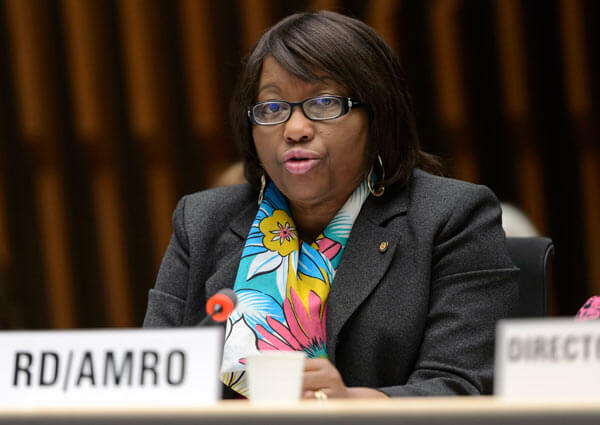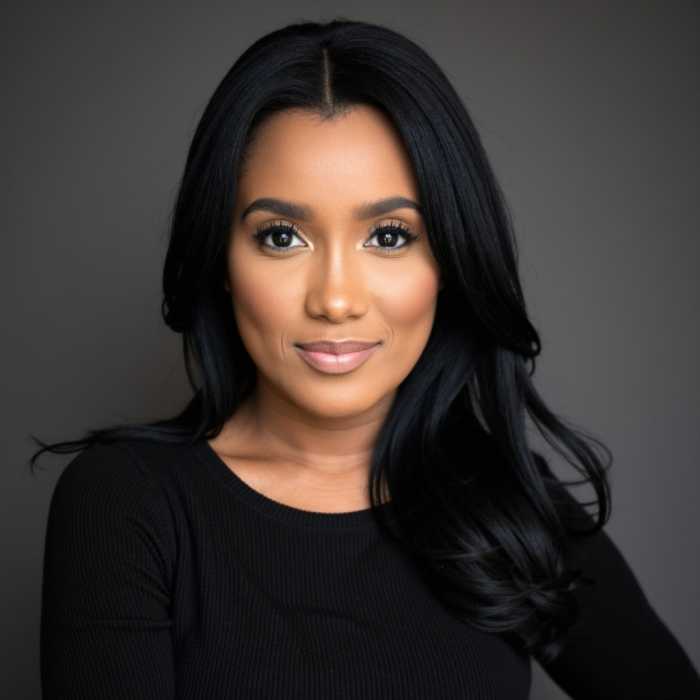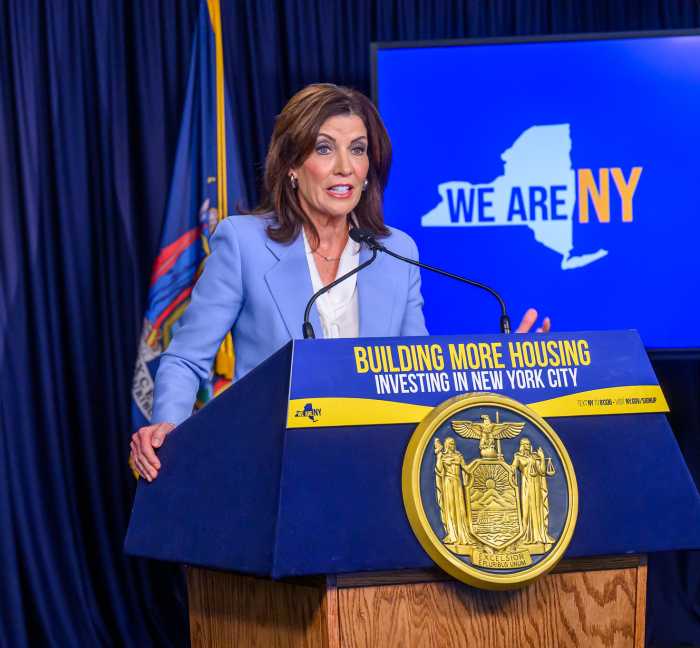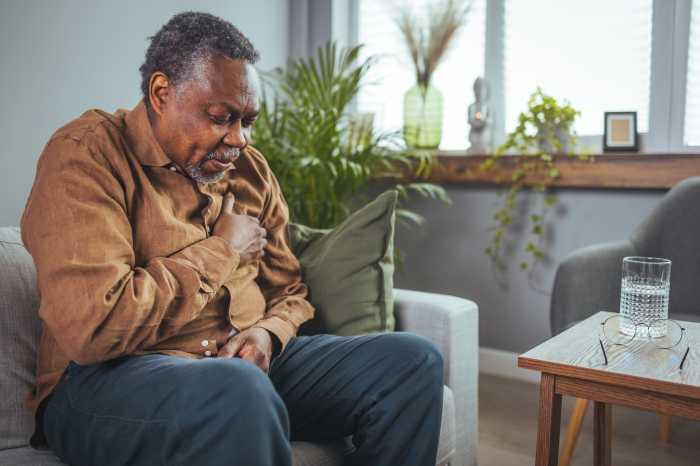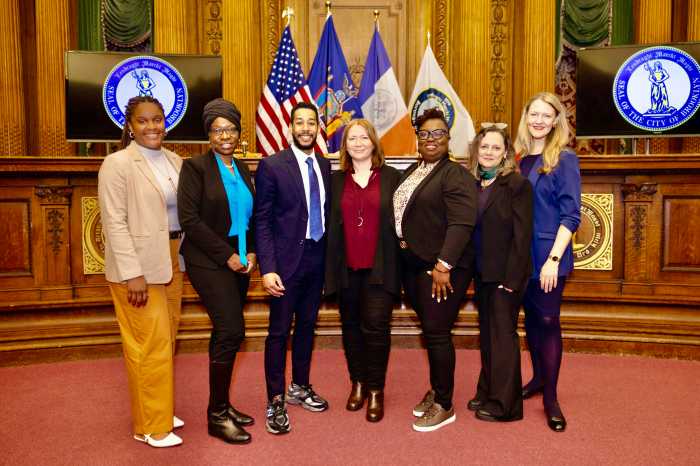The Pan American Health Organization says it has been presented with the Measles and Rubella Initiative Champion Award for its work in eliminating measles and rubella from the Americas, including the Caribbean.
Measles was declared eliminated from the Americas in 2016, following the declaration of rubella and congenital rubella syndrome (CRS) elimination in 2015, PAHO said.
It said the region was the first in the world to have eliminated all three diseases, culminating a 22-year effort involving mass vaccination against measles, mumps and rubella throughout the Americas.
“We are extremely grateful for this award for measles and rubella elimination, but we know we can’t let down our guard yet. Cases of measles still circulate in other regions of the world,” said PAHO Dominican-born director Dr. Carissa Etienne.
“Continued vaccination, strengthening epidemiological surveillance, and increasing communication with communities are the best way to prevent measles,” she added.
Etienne accepted the award at the annual Measles & Rubella Initiative (M&RI) Partners’ Meeting in Washington, D.C.
PAHO was nominated for the award by M&RI planning committee members, including the American Red Cross, the US Centers for Disease Control and Prevention (CDC), the United Nations Children’s Fund (UNICEF), the World Health Organization (WHO), GAVI and UN Foundation.
“PAHO’s accomplishments in measles and rubella elimination mark two important things,” said Dr. Mary Agocs, senior advisor of the M&RI at the American Red Cross. “Firstly, they have shown the world that it is, indeed, possible to eliminate measles and rubella. Secondly, they have provided a blueprint on how it can be done.”
Before widespread measles vaccination began in 1980, PAHO said measles caused 2.6 million deaths a year throughout the world, 12,000 of them in the Americas.
It also said that before mass-scale rubella vaccination, an estimated 16,000 to more than 20,000 children were born with CRS each year in Latin America and the Caribbean, while more than 158,000 rubella cases were reported in 1997 alone.
PAHO said its measles elimination strategy had recommended three lines of action for countries: Conduct a one-time national campaign to bring children between 1 and 14 years of age up to date with measles vaccination; strengthen routine vaccination to reach a minimum of 95 percent of children every year; and undertake massive follow-up campaigns every four years, to reach a minimum of 95 percent of children aged 1 to 4 with a second dose of vaccine.
In the late 1990s, PAHO said the English-speaking Caribbean countries pioneered the use of mass rubella vaccination campaigns targeting adolescents and adults.
With support from PAHO and its Revolving Fund for Vaccine Procurement, which helps countries procure vaccines at lower cost, some 250 million adolescents and adults in 32 countries and territories were vaccinated against rubella between 1998 and 2008.


